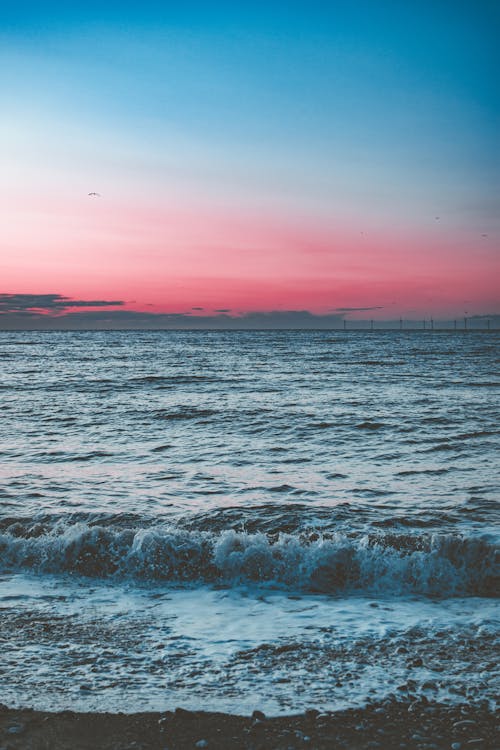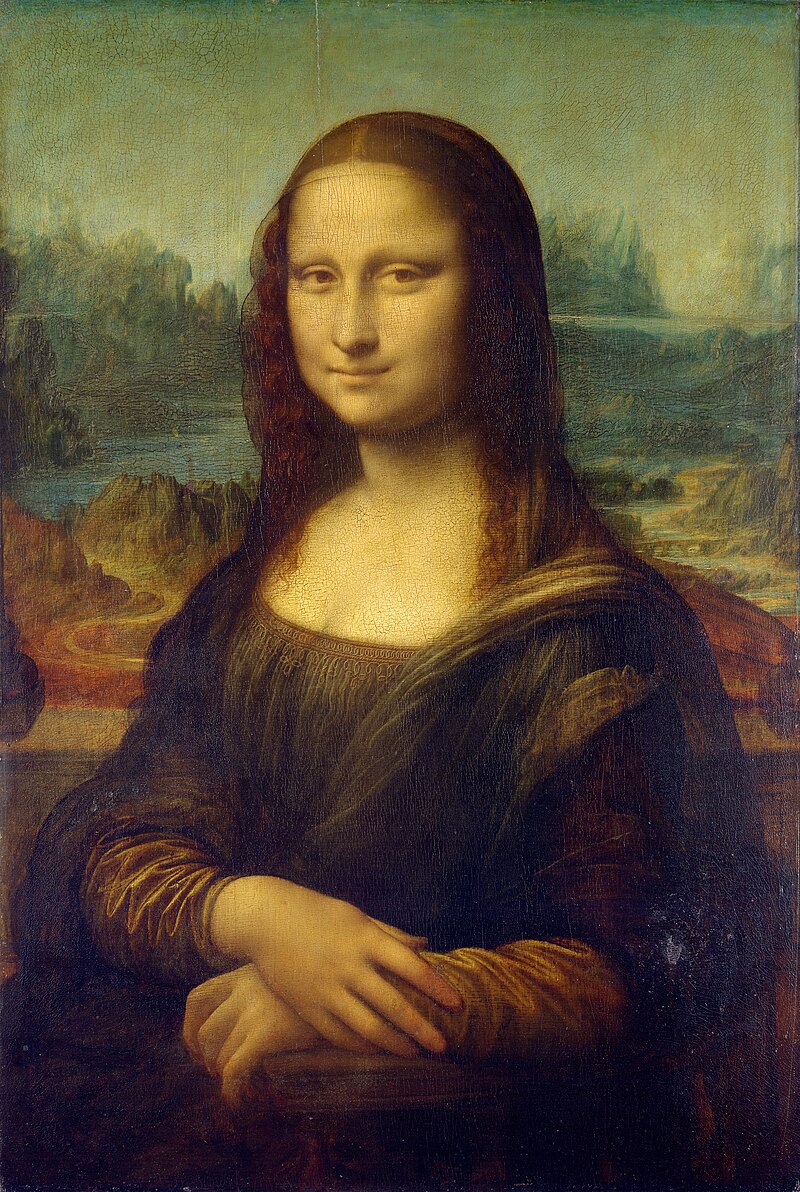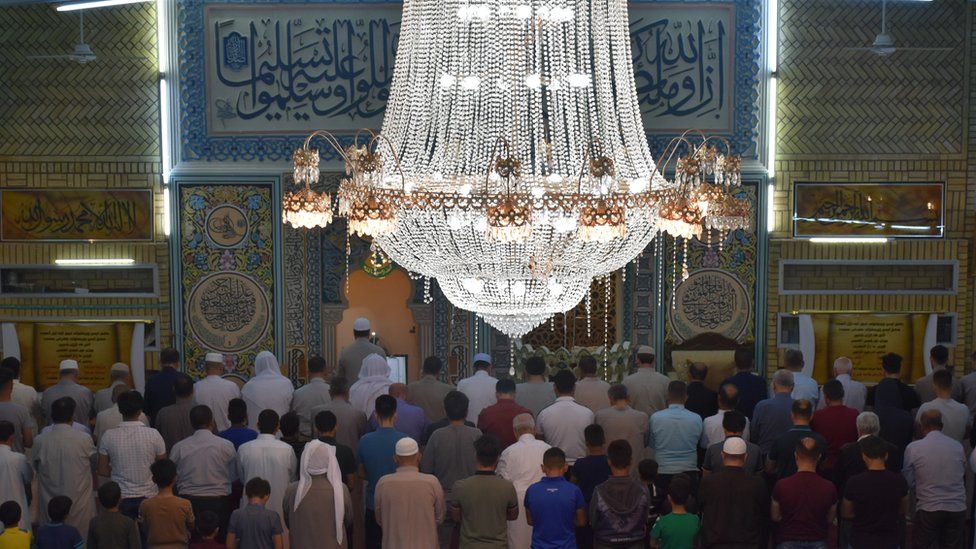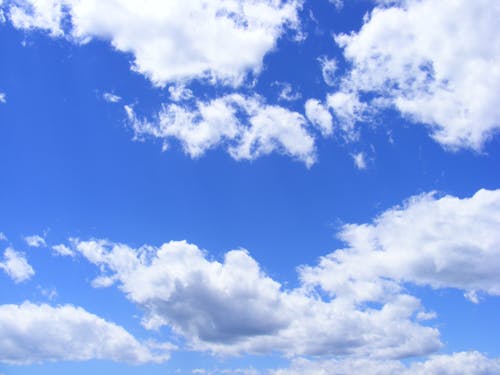 Although for the spiritually minded among us, it is easy to say that this person now has her reward: eternal, visible union with God. While I do not dispute the truth of this eventuality, I nonetheless grapple with its starkness: she is now forever gone from this planet. And her loved ones mourn.
Although for the spiritually minded among us, it is easy to say that this person now has her reward: eternal, visible union with God. While I do not dispute the truth of this eventuality, I nonetheless grapple with its starkness: she is now forever gone from this planet. And her loved ones mourn.I do not pretend to know the fullness of this woman's heart or the depth of God's activity in this world. Yet I can say that, all things considered, I'm thankful that, because of the fact of a meaningful world, because of the fact of a world with intention and design, her life had a genuine point.
As does the life of everyone else around the globe. In this, we can be grateful, and in this we can move toward finding solace in all of our existential pain.










